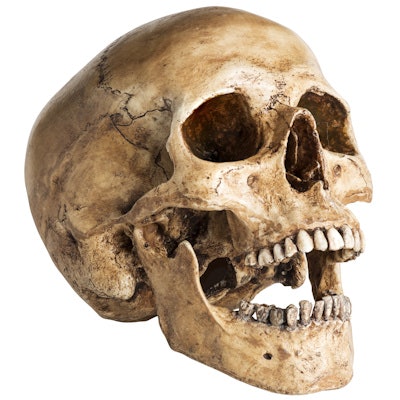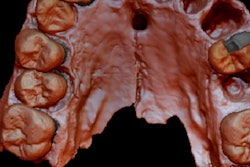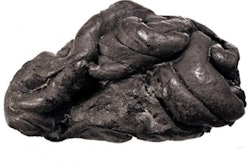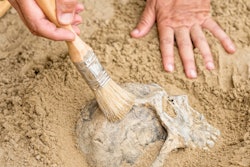
Microbial DNA taken from the teeth of ancient humans reveals details about their health, diet, and evolution, according to an article published on October 27 in Nature.
Harvard University researcher Christina Warinner, PhD, and colleagues have studied the microbes in tartar of people living as long ago as the late Upper Paleolithic Period (25,000 to 12,000 years ago). They've also examined tartar microbiomes in Neanderthals and primates such as monkeys and chimpanzees.
Other molecules in the tartar also provide information; for example, proteins have shed light on the practice of dairy farming and the trading of sesame in the Bronze Age. They also discovered that the more frequent consumption of starch shaped the development of our current oral bacteria, according to the article.
"In ancient teeth, we see the evidence of the kind of starch-rich diets that could have made humans what they are today," Warinner stated.



















